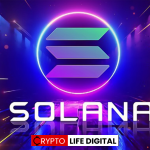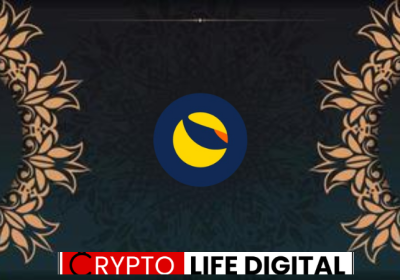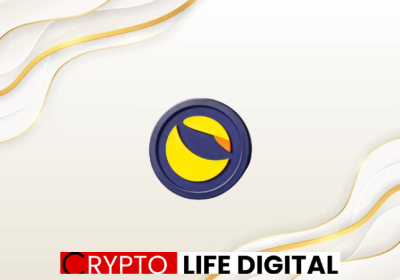LUNC Community Votes Against 1.5% Burn Tax Proposal, Opting for Status Quo

In a significant turn of events, the Terra Classic (LUNC) community has officially rejected the proposed implementation of a 1.5% burn tax. The decision comes after an active and engaged voting process within the community, reflecting the decentralized nature of governance in the Terra Classic ecosystem.
Read Also: Solana (SOL) Surges Past $100, Claiming 4 Spot by Market Cap: Factors and Future Predictions
https://twitter.com/TerraValidators/status/1739165002244719072
The proposal for a 1.5% burn tax has stirred considerable discussion within the LUNC community, sparking debates about its potential impact on the digital asset. The burn tax was envisioned as a mechanism to address circulating supply concerns and enhance the overall tokenomics of LUNC.
Community Voting Results
After a period of deliberation, the community has spoken, with a majority of participants voting against the introduction of the 1.5% burn tax. The rejection signals a preference for maintaining the status quo and highlights the diverse opinions within the Terra Classic community regarding the best path forward for the project.
Implications and Community Sentiment
The decision to reject the burn tax proposal has immediate implications for the trajectory of LUNC. The community’s choice reflects a commitment to the existing tokenomics and governance structure, with members expressing their views on the most effective strategies to support the long-term success of Terra Classic.
Community sentiment following the vote is varied, with some members celebrating the preservation of the current economic model, while others express concerns about missed opportunities for supply adjustments. The decision underscores the decentralized and participatory nature of governance within Terra Classic, emphasizing the importance of community input in shaping the project’s future.
What’s Next for Terra Classic (LUNC)
With the rejection of the burn tax proposal, attention now turns to the next steps for Terra Classic. Community discussions are likely to continue as members explore alternative strategies to address circulating supply dynamics or other aspects of tokenomics. The outcome also underscores the need for effective communication and consensus-building within decentralized ecosystems.
As Terra Classic navigates this phase, community engagement and collaboration remain pivotal in shaping the future direction of LUNC. The rejection of the burn tax proposal signifies a significant chapter in the ongoing evolution of Terra Classic’s governance and highlights the community’s role in shaping the destiny of the project.
Follow us on Twitter, Facebook, Telegram, and Google News.

Dr. Olajide Samuel juggles the demands of medical studies with a passion for cryptocurrency. A seasoned blogger, Olajide shares his vast global knowledge of the crypto space, offering insights to enthusiasts. Despite his busy schedule, his commitment to crypto remains strong, and he actively seeks ways to contribute to its future.










